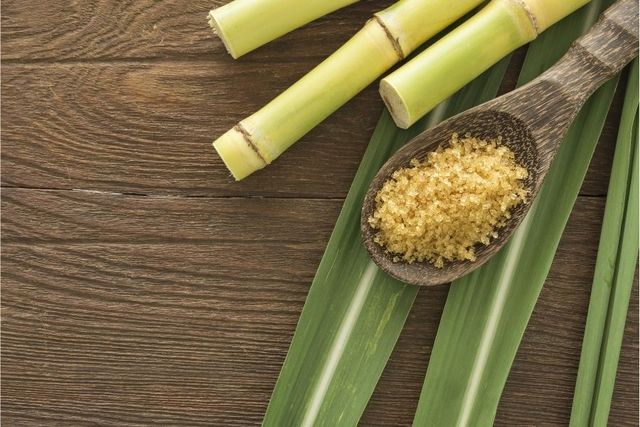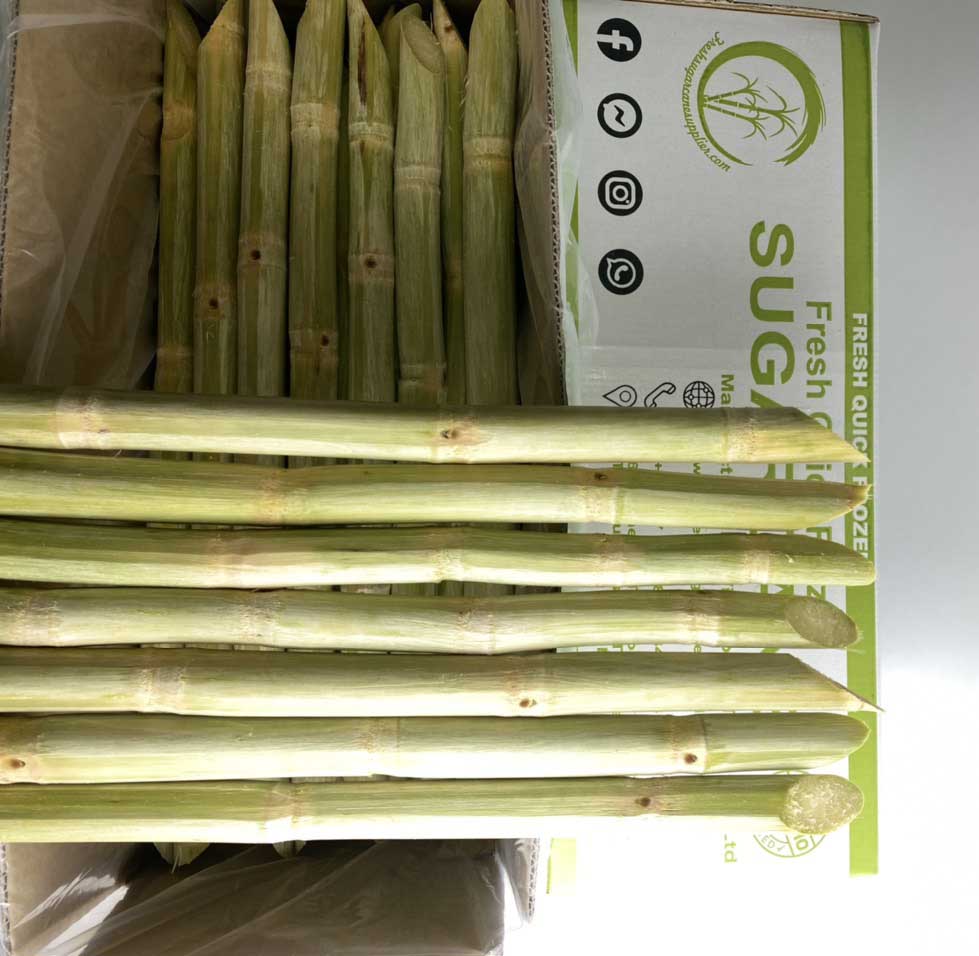From Sugarcane Product to Alternative Fuels: The Multiple Uses of Sugarcane
From Sugarcane Product to Alternative Fuels: The Multiple Uses of Sugarcane
Blog Article
Checking Out Sugarcane Products: Versatile Uses and Benefits
The exploration of sugarcane products reveals an impressive array of applications that extend well past the familiar world of sugar. This functional plant works as a foundation for a selection of foodstuff, industrial materials, and even sustainable energy remedies. In addition, its spin-offs provide significant environmental benefits and health and wellness benefits that merit attention. As we examine the multifaceted payments of sugarcane, one might wonder how these diverse uses can improve industries and lifestyles in a quickly advancing globe.
Overview of Sugarcane
Although sugarcane is usually linked largely with sugar production, it is a flexible crop with a rich history and countless applications. Cultivated in tropical and subtropical regions, sugarcane grows in warm environments and well-drained soils, contributing substantially to several economies worldwide. This seasonal turf, coming from the genus Saccharum, can grow to elevations of up to 4 meters, showcasing its durable nature.
Past its primary role in sugar extraction, sugarcane serves as an important source for different spin-offs. The fibrous deposit, recognized as bagasse, is made use of for producing bioenergy and as a raw material for producing paper and eco-friendly items. Additionally, molasses, a spin-off of sugar refining, is rich in nutrients and frequently utilized in animal feed and fermentation processes.
Sugarcane additionally plays a substantial role in traditional medications and cultural practices in several regions, highlighting its value beyond business usage (sugarcane product). Additionally, with the raising emphasis on lasting farming techniques, sugarcane is being explored for its possibility in biofuels and carbon capture, placing it as a principal in the change towards sustainable power resources. Thus, the adaptability of sugarcane extends much past the confines of sugar production
Sugarcane in Food Products


Beyond sugar, sugarcane is the resource of energy-rich items such as jaggery and panela, which are typical raw sugars utilized in many societies. These items not only sweeten foods yet additionally impart distinct flavors and nutritional advantages.
Sugarcane juice, a rejuvenating drink appreciated in numerous exotic areas, showcases the plant's versatility. It is usually consumed fermented or fresh right into alcohols like rum.
In addition, sugarcane fibers, referred to as bagasse, are in some cases utilized to develop food packaging products, emphasizing the eco-friendly benefits of sugarcane processing. On the whole, sugarcane's contribution to food is complex, improving tastes, offering dietary worth, and playing a significant function in cooking customs around the globe.
Industrial Applications of Sugarcane
In numerous industries, the versatility of sugarcane extends far beyond its cooking applications. Sugarcane acts as a crucial basic material in the manufacturing of biofuels, click over here particularly ethanol, which is increasingly used as a sustainable power resource. This biofuel is obtained through fermentation and purification procedures, providing a lasting choice to nonrenewable fuel sources and adding to a reduction in greenhouse gas emissions.

Moreover, the sugarcane market has view publisher site found applications in pharmaceuticals, where its parts are made use of in the formulation of various medicinal items. The all-natural substances extracted from sugarcane exhibit antimicrobial and antioxidant residential or commercial properties, improving the effectiveness of specific medications.
Finally, sugarcane is essential to the production of an array of chemicals, including glycerol and organic acids, which are crucial for various commercial processes. These applications highlight sugarcane's considerable role in promoting industrial sustainability and advancement.
Environmental Benefits of Sugarcane
The complex applications of sugarcane not only boost commercial processes but likewise contribute substantially to environmental sustainability. As a renewable energy, sugarcane cultivation plays a vital duty in carbon sequestration, taking in considerable amounts of carbon dioxide from the ambience. This process assists reduce environment modification by lowering greenhouse gas focus.
Furthermore, sugarcane byproducts, such as bagasse and molasses, provide green options to conventional products. Bagasse, the fibrous deposit after juice removal, can be used as a biomass gas, reducing reliance on nonrenewable fuel sources and promoting cleaner energy resources. Furthermore, molasses can be transformed into bioethanol, additionally supporting sustainable power initiatives.
Sugarcane farming also promotes biodiversity and dirt health. Sustainable farming techniques, such as intercropping and plant rotation, boost dirt fertility and decrease disintegration. The crop's deep root system aids in water retention, thus improving and supporting neighborhood ecological communities resilience versus drought.
Wellness Advantages of Sugarcane
Rich in vital nutrients and natural sugars, sugarcane provides numerous health and wellness benefits that make it an important addition to a balanced diet plan. Its high fiber material aids in digestion, advertising gut wellness and protecting against bowel irregularity. Furthermore, sugarcane click to investigate is a resource of anti-oxidants, which combat oxidative anxiety and may decrease the risk of chronic conditions.
Furthermore, sugarcane juice is known for its hydrating properties, making it a superb beverage option, specifically in hot climates. The all-natural sugars present in sugarcane supply a fast energy boost, helpful for professional athletes and those engaged in physical activities. It additionally has vital vitamins and minerals, such as vitamin C, potassium, magnesium, and calcium, which add to general health.
Studies suggest that sugarcane may aid control blood sugar level levels, making it a better sweetener for individuals with diabetes mellitus when eaten in small amounts. In addition, its anti-inflammatory properties can sustain liver wellness and aid in detoxification.
Conclusion
In conclusion, sugarcane emerges as an extremely flexible crop with considerable payments to different industries. The byproducts of sugarcane, such as bagasse and molasses, facilitate environmentally friendly practices, while its health and wellness advantages enhance general health.
Although sugarcane is often associated largely with sugar production, it is a flexible crop with an abundant background and countless applications.Past its main function in sugar extraction, sugarcane offers as a crucial resource for numerous by-products. Mostly recognized for producing sugar, sugarcane is transformed into granulated sugar, brownish sugar, and molasses, each serving unique culinary functions.Rich in all-natural sugars and important nutrients, sugarcane uses numerous health and wellness benefits that make it a valuable enhancement to a well balanced diet plan. The all-natural sugars existing in sugarcane provide a quick power boost, useful for professional athletes and those engaged in physical tasks.
Report this page